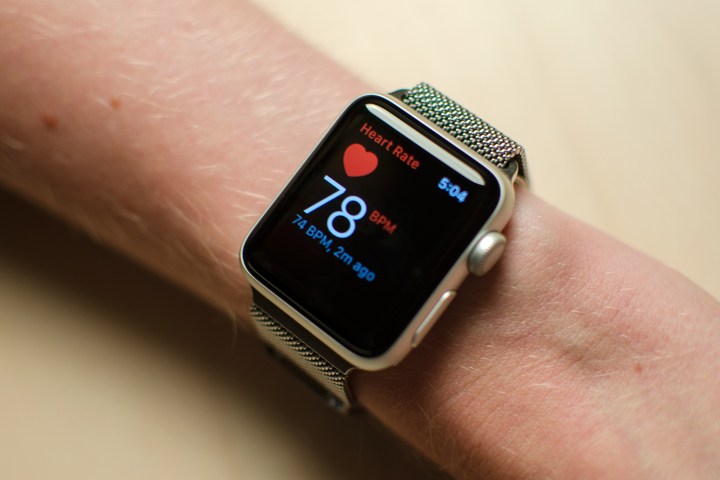
During tests on wearable tech to discover how they could be used in health matters, professor Micheal Snyder noticed the readings showed a higher than usual heart rate, higher skin temperature, and lower blood oxygen levels. The unusual activity was striking because he felt fine. The sudden onset of a low fever convinced him to see a doctor, and he wondered if it was the onset of Lyme disease, having recently spent some time in a rural area where he may have picked it up.
After taking the right antibiotic the symptoms cleared up, and medical tests soon confirmed his diagnosis had been correct. The wearable devices had given him enough pre-warning to catch a potentially very unpleasant disease early on, get the right treatment, and stop it before more serious problems occurred.
Snyder went on to write a paper on the subject, showing that elevated heart rate and skin temperature coincided with sickness in himself and three other people. Monitoring and noting abnormalities in both may help identify and pre-warn the wearer of changes in health. Although quite a few wearables were used in the study — including the Basis Peak, and more health focused wearables like a test version of the Scanadu and Masimo’s personal health tracker — it’s noted only one plus a smartphone would provide most of the data necessary, as heart rate is the most trackable and useful statistic.
The study doesn’t cover a wide group of people, and it’s stated more research is needed on the subject; but it’s definitely evidence the heart rate monitor and other sensors we often ignore in wearables may have more than a single, fitness-focused use. If not for you personally, then for doctors wanting to monitor the continued health of a sick or elderly patient. The complete study can be read here.
Editors' Recommendations
- Here’s why scientists really want you to clean your smartwatch
- Toyota’s LQ concept has A.I. tech that knows when you’re stressed



